Nyheter
Les siste nytt fra Proactima her.
Category: News
He leads the country’s strongest team in occupational hygieneFew people have heard of occupational hygiene. Nevertheless, it is absolutely essential for the Norwegian working environment. Bror Johan Tørneng Wik leads one of the country’s strongest occupational hygiene team that contributes to a safer working life.
Throughout his working life, Bror has worked with occupational hygiene. He has worked with HSE and chemical management in companies such as Maersk and the predecessors of Aker BP. Today, he leads the Health and Working Environment group at Proactima.
“Increasing wellbeing and reducing illness for people at work – a place where many of us spend much of our lives – is the main motivation for me,” he begins.
What is occupational hygiene?
- The term has a broader definition abroad, but in Norway, occupational hygiene is about identifying and mapping chemical, physical and biological factors that affect the working environment – as well as assessing the risk of health damage and finding measures to reduce and eliminate it.
- Occupational hygiene in Proactima is also about prevention, and anticipating, recognizing, evaluating and controlling health hazards in the work environment. Our goal is to protect the health and well-being of our workers and contribute to a safe society.
Occupational hygiene is in short supply
Proactima’s occupational hygiene team assists companies with consultancy, risk mapping, risk management, chemical audits – and much more. The expertise of occupational hygiene experts is also important for the country’s occupational health services.
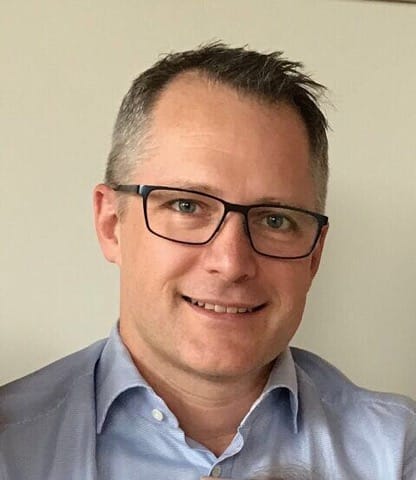
– The companies we work for know the working environment best – and so we need to work together on how to make things better in their workplace. We make a difference to individuals; at the same time, there is no doubt that good occupational hygiene is important on a socio-economic level.
He is supported by colleague Hans Thore Smedbold, who, in addition to being an occupational hygienist, is also chairman of the Norwegian Occupational Hygiene Association. Smedbold believes that collaboration with occupational health services is important.
– Expertise in occupational hygiene is in short supply in society. Occupational health services are not getting the right expertise and are being filled with healthcare professionals – of which there are too few in this country. At the same time, we have a strong professional environment here that can support them and help the companies. It’s a win-win situation for us, for occupational health services and for health Norway, says Smedbold.
Our occupational hygienists often assist in these industries:
- Oil and gas
- Industry
- Building and construction
- Occupational health service
Facts about occupational hygiene
- Proactima’s Health and Working Environment team consists of 12 consultants.
- The Norwegian Occupational Hygiene Association is headed by Hans Thore Smedbold. The association has around 370 members.
- Occupational hygienist is a separate profession. The profession had its own continuing education program at NTNU until 2019.
- Several experts now fear for the safety of Norwegian workplaces due to a lack of occupational hygiene expertise.
Several factors affect the working environment
According to Smedbold, the occupational hygiene profession creates major ripple effects in society. In its simplest sense, the profession is about preventing people from getting sick at work. In purely economic terms, sick leave is a major burden for those who fall ill, as well as being costly for companies and the state.
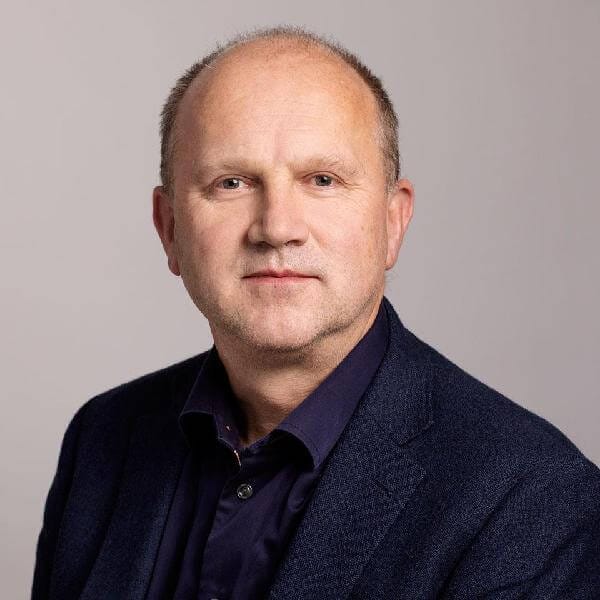
It is therefore important to avoid people being affected by serious illness, which in the worst case scenario reduces life expectancy and quality of life.
– There are several industries where working conditions lead to cancer or COPD. For example, in a workplace with welding fumes or a lot of silica dust. This may be due to companies having difficulty understanding how dangerous their working environment is, because some limit values for welding fumes and dust exposure are outdated, and legislation is not updated according to current knowledge of the risk factors, says Smedbold.
– A well-trained occupational hygienist knows this and will avoid using these limits,” he adds.
With today’s knowledge, the risk factors can be mapped in advance. For example, Proactima can assist with a professional assessment before a building and construction project is initiated.
Did you know that Proactima is working to update the legislation? We share our knowledge with politicians and other professionals and work to ensure that the limit values for hazardous chemicals and particles are up-to-date and health-based. Read more about this later.
Standing on several legs
External factors such as chemicals are a known risk factor in many workplaces. However, interpersonal relationships can also have a very negative impact on the working environment – and are categorized as a risk factor.
– A typical issue we work with can be a workplace that is experiencing sky-high levels of conflict in the workplace. A labor dispute can be highly charged and many employees can become ill from the environment. With technical tools such as surveys and assessments, we can support a business with conflict management and solutions. Our uniqueness is that we solve occupational health issues combined with management support and risk management to find holistic solutions for our customers, says Bror.
That’s why most of the occupational hygienists at Proactima have multidisciplinary backgrounds. Multidisciplinarity is one of the reasons why the environment is so academically robust.
– Some of us are ergonomists at heart, others, like myself, work with chemical management. Together, we make up a versatile and professionally strong team that works closely with the rest of Proactima’s consultants to promote a safe and sustainable society, Bror concludes.
Interested in joining the team – or hearing more about the services we offer?
Click here to read more about our services and contact us contact us
Proactima appoints new CEOThe board of directors in Proactima, has appointed Hermann Steen Wiencke as the new CEO. Hermann Steen Wiencke served as the CEO of Proactima from the company’s inception in 2003 until Trond Winther took over in 2018. During this period, Proactima established itself as one of the leading players in risk management, sustainability, HSE, and societal safety. Trond Winther is passing on the baton and moving on to new opportunities in the energy sector.
– The board believes that Hermann Steen Wiencke is the best person to lead Proactima into a new era. Hermann knows the company, its employees, the industry, the customers, the work processes, and the company culture. Additionally, he is one of the most prominent experts in the field. As a board member, he has ownership of the current strategy and the decisions made, and he aims to build upon the work done by the current leadership team. We are very pleased to have Hermann back at the helm, says Chairman Richard Heyerdhal.
Co-founder with a Strong Academic Profile
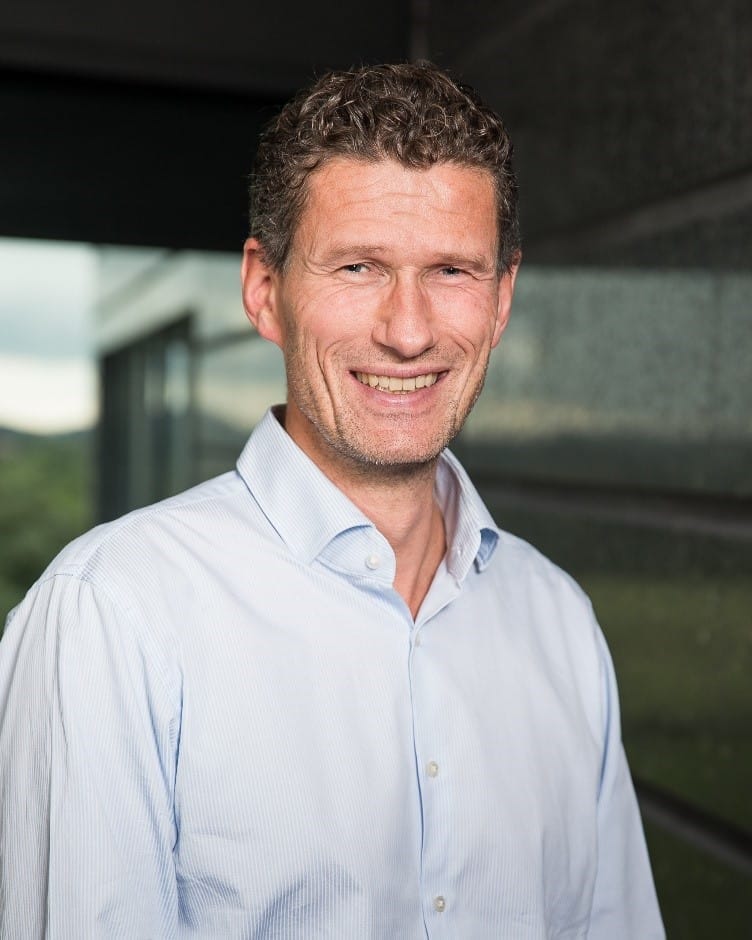
Hermann Steen Wiencke and Richard Heyerdahl founded Proactima in 2003 with the aim of contributing to a safe and sustainable society. Wiencke likely has one of the country’s most extensive resumes in risk management and HSE management. He worked at DNV from 1990-2003 and has collaborated with the University of Stavanger (UIS) / IRIS for many years. He is frequently invited as a lecturer and course instructor. He has participated in numerous research projects and has published several articles, books, and guides in the field. Wiencke holds a degree in process engineering from NTH (NTNU) and a master’s degree in technology management from MIT/NTNU.
– I am looking forward to leading X and building upon the work done in recent years. We have incredibly talented professionals and a great leadership team that I am excited to work with. What we do is more relevant now than ever before, and we have a unique position in the market that we will continue to build upon, says Wiencke.
Wiencke enter his new role from the start of the year.
About Us
Proactima is a leading consulting firm in risk management, sustainability, HSE, and societal safety. Our clients work in a wide range of industries, disciplines, and sectors—including oil and gas, power and renewables, transportation and mobility, industry, and the public sector.
Some of the areas we work on include sustainability and transformation, emergency preparedness and societal safety, technical and operational consulting and analysis, development and innovation, training, and digital tools. What unites us and all our clients is that we all have our eyes set on the future—constantly seeking tomorrow’s solutions. We have offices in Oslo, Bergen, Trondheim, and Stavanger and employ around 100 consultants.
Successful Gathering at Tensio“Now it’s serious” for the Norwegian energy industry was one of the key messages during the first gathering of the year at Forum for risk management in the energy industry. The need for a better and more comprehensive overview of the consequences of power outage in society and increased cross-sector collaboration at regional and national levels is greater than ever.
-This is how the moderator and leader of the forum, Jens Thomas Sagør at Proactima, opened the first gathering of the year last week. Proactima has been the proud secretariat of the network that gathers participants from various parts of the energy industry for over ten years.
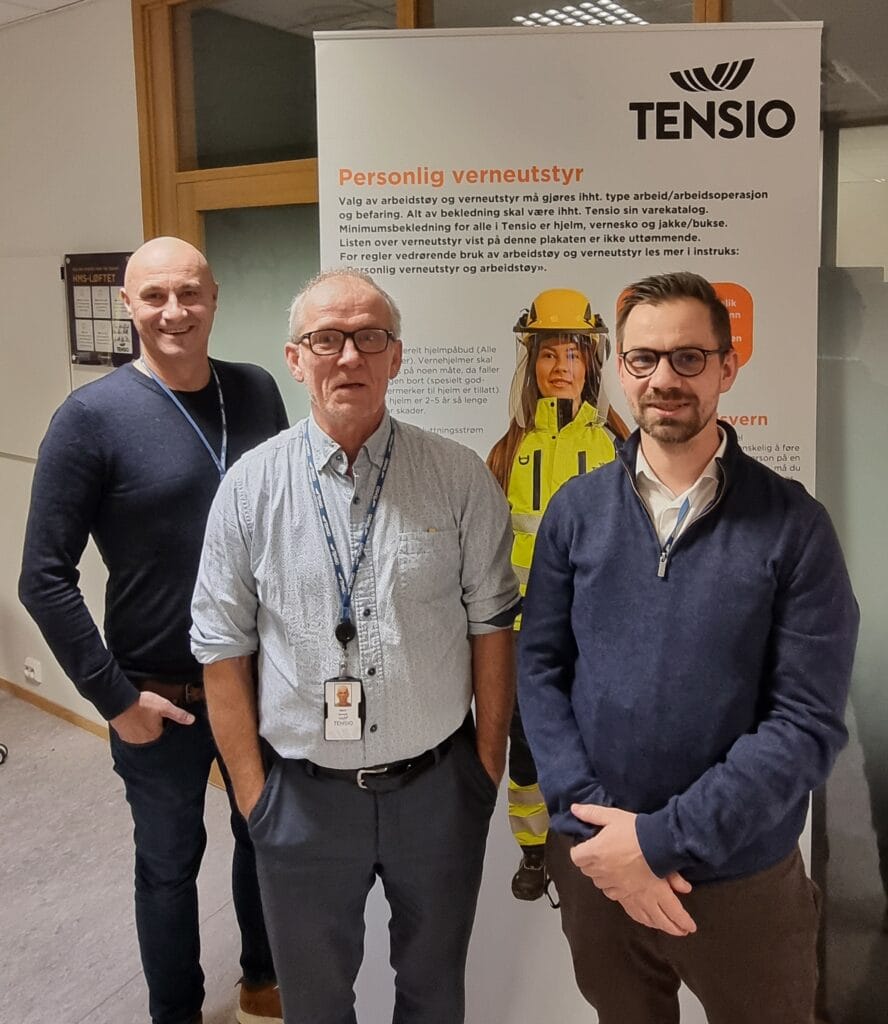
The backdrop for the gathering was the serious situation concerning critical infrastructure in an increasingly turbulent world and the need to find good solutions for successful risk management. Last week, about 25 participants gathered at Tensio in Stjørdal.
-The Forum for Risk Management in the Power Industry establishes relationships across companies and contributes to strengthening the professional environment for risk management in the industry, said Hans Wigen Finstad, Development Director at Tensio, who hosted the gathering last week.
Rune Paulsen, Head of Network Development and Strategy at Tensio, provided insight into capacity limitations in the power grid.
-In the broader picture, there are several capacity limitations in the grid, and everyone thinks that the ‘neighboring company’ will save us in deficit situations, but it is not possible with today’s total consumption. We need to find flexibilities in a more holistic view within the energy sector, break down silos between different actors, and look at society’s overall picture, said Paulsen.
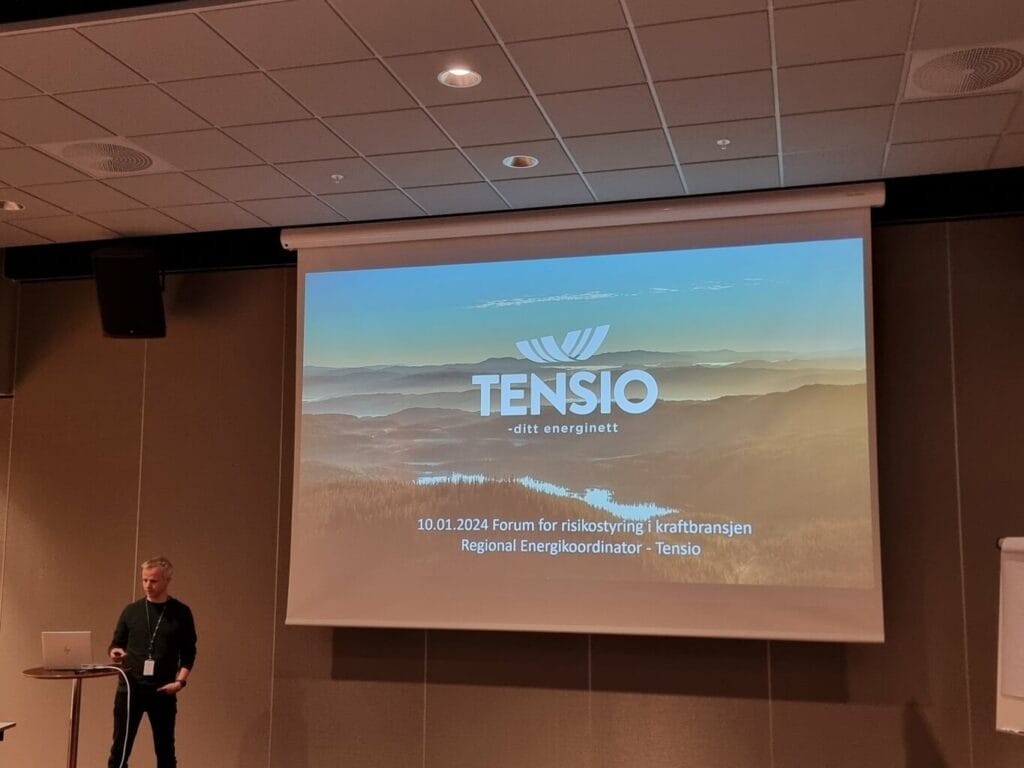
Christian Stav, CEO of NTE and member of Totalberedskapskommisjonen, presented a concise summary of the extensive commission work and addressed both strengths and weaknesses in Norwegian emergency preparedness.
Ann Karin Midtgaard, Head of Investigation at the Directorate for Civil Protection and Emergency Planning (DSB), provided insight into the AKS methodology (analysis of crisis scenarios) and the report “Risk Analysis of Energy Rationing.” The presentation of the results clearly demonstrated the need for a better comprehensive overview of the consequences of power outage in society and increased cross-sector collaboration at regional and national levels.
Rune Sjursen from Proactima shared experiences from a procurement project where Proactima has further developed a method for land risk assessment based on recommendations from national authorities, to reduce the risk of supply chain attacks from state or state-sponsored threat actors.
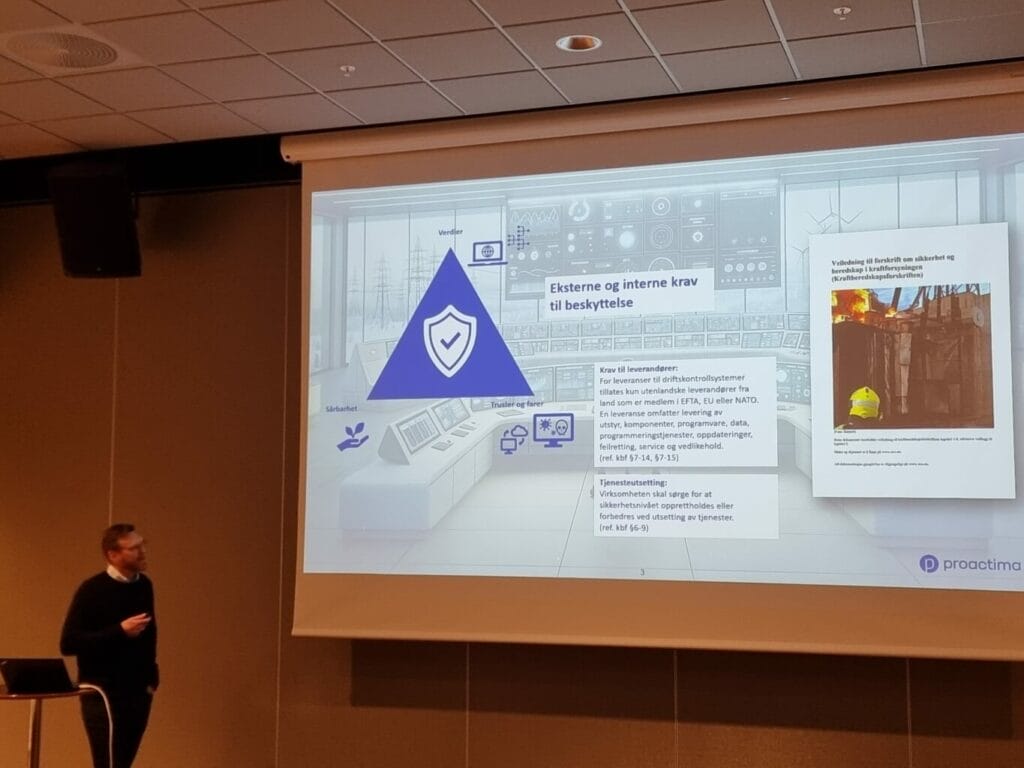
With its risk-based approach, Proactima has a long tradition of regulatory understanding combined with strategic and operational risk management in the sector. Proactima has assisted in many of the energy industry’s transformation processes to strengthen companies’ competitiveness, increase energy production, and play an active role in the green shift.
Forum Seeks More Participants
The forum is a platform for networking and exchanging expertise and experience about comprehensive risk management.
The target audience is leaders and professionals who work with risk management from a corporate perspective. Many experience a lack of professional sparring and support in their organization, and the Forum for Risk Management has precisely been a contribution in this regard. Over time, the forum has had participants working in various disciplines; management, HSE, financial management, IT security, operations, projects, etc.
Would you like to participate in the next gathering? The Forum for Risk Management in the Power Industry is looking for new participants. Contact Jens Thomas Sagør for information and participation.
Participation is free of charge.
How the Energy Industry Succeeds with Risk ManagementThe need for effective risk management in the power industry is more relevant than ever before. We require new knowledge, methods, and tools to understand and address risks.
This is the clear message from Jens Thomas Sagør, leader of business development and energy expert at Proactima.
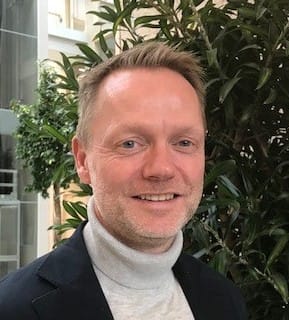
– The power industry is one of the most crucial pillars of our modern society and has a crucial significance for societal safety. After all, its main task is to supply Norway with electrical power—an essential part of our infrastructure.
Sagør believes that the entities best at identifying and managing risks and vulnerabilities secure clear competitive advantages.
-Norway has an energy deficit, and the production of renewable energy is necessary to meet future energy demands. We may transition from a situation of surplus to deficit in power within a few years, meaning we’ll become reliant on significant imports during dry years, along with external unrest and energy scarcity abroad. The industry is amidst significant technological shifts while undergoing restructuring and consolidation. Norway’s experience in energy production and our long coastline mean we have the world’s best prerequisites for success. However, it requires new knowledge, methods, and tools for us to succeed,” Sagør explains.
Energy Companies in Transition
In Eastern Norway, many businesses, especially industries, lack the ability to connect to the power grid. Supply security and grid capacity are not just matters of national security but also affect society’s ability to transition to green energy.
What are the challenges for the energy industry today?
-Energy companies are undergoing drastic changes. Actors must adapt to expanded operations in their business models, and risk management and corporate governance are aspects that must be mastered at both operational and strategic levels. Additionally, most actors are at the stage where they must define how the future power system will operate—and the industry is closely linked to digitization. Moreover, the number of grid companies will significantly decrease, leading to larger and fewer entities. Mergers of power companies and restructuring will be a focus in the industry for a long time,” says Sagør.
Norway is Unprepared for Energy Rationing
Earlier this fall, the Directorate for Civil Protection and Emergency Planning (DSB) published the report “Risk Analysis of Energy Rationing,” indicating that Norwegian society is largely unprepared for power rationing due to Norway’s historically ample access to electricity and high supply security.
-The consequence of power rationing affects us all and can lead to unrest and reduced welfare. Everything from limited access to groceries, delays in health services, unstable data and telecommunications, to limitations in water supply. It is also conceivable that there may be requirements to reduce power consumption at home, Sagør elaborates.
How should industry players navigate in this complex landscape?
-The whole point is to find the right balance between developing and creating value and avoiding accidents, damages, and losses. The combination of regulatory understanding and a holistic approach to risk management is the best recipe when facing the unknown.
Sagør adds that the current trends show that society as a whole is directing more focus, expectations, and demands towards the government, but he emphasizes that the public sector cannot handle the task alone and that the business sector must be aware of its responsibilities.
-Uncertain times with economic challenges, climate change, security unrest, and energy scarcity create expectations that the public sector must act and be in control. But we must not forget that the business sector has a responsibility to contribute to developing and sharing knowledge, methods, and tools that enable society to handle growing uncertainty and complexity. Therefore, our social responsibility at Proactima is to ensure that everyone has the structure, culture, competence, and leadership required to prevent risks and effectively manage incident.
DBS signs a new framework agreement for enhanced preparedness with RAYVN/ProactimaThe Directorate for Civil Protection and Emergency Planning (DSB) has replaced its current provider of common emergency and crisis support tools and entered into a framework agreement with the Norwegian consortium RAYVN / Proactima to improve the collective public preparedness capability, the companies stated in a press release.
DSB’s new emergency and crisis support tools are intended to strengthen collaboration and effectively coordinate information and communication during unwanted incidents among public actors at all levels, as well as with private entities. Through DSB, directorates, county governors, civil defence districts, municipalities, and others involved in crisis management will have access to the new emergency and crisis support tools.
It is planned that DSB, municipalities, county governors, the Office of the High Commissioner for Svalbard and civil defence will have implemented the tool and established effective collaboration networks on the new digital collaboration platform starting from October 1st.
Read the full news article on DSB’s website: DSB signs framework agreement for common emergency and crisis support tools.
-We are proud and delighted that X is strengthening national preparedness through the procurement of a new digital tool with associated services. This agreement demonstrates that public emergency preparedness is evolving with renewal and a constant search for the best solutions. We look forward to delivering high-quality services that will help strengthen future public preparedness capabilities,” said co-founder and product manager Henrik von Schlanbusch at RAYVN.
RAYVN / Proactima is a wholly Norwegian consortium that stores all information in Norway and represents the best in technological solutions for crisis management systems, expertise, and capacity.
Out of nine qualified suppliers, four were invited to submit proposals, and RAYVN / Proactima scored the highest on all criteria: solution, quality, and price. The agreement includes an option for tools from Dmaze for risk and vulnerability analysis and exercise planning, as well as consultancy services.
-The public sector needs to enhance collaboration during crises. Our solution increases societal security and strengthens the preparedness capabilities of actors in this interplay. RAYVN / Proactima possesses the knowledge and tools to connect different actors on the same platform for collaboration in emergency planning, training, and management. With increased complexity, risk, and new vulnerabilities, new knowledge, methods, and tools are necessary to understand and handle risks,” said Trond Winther, CEO of Proactima.
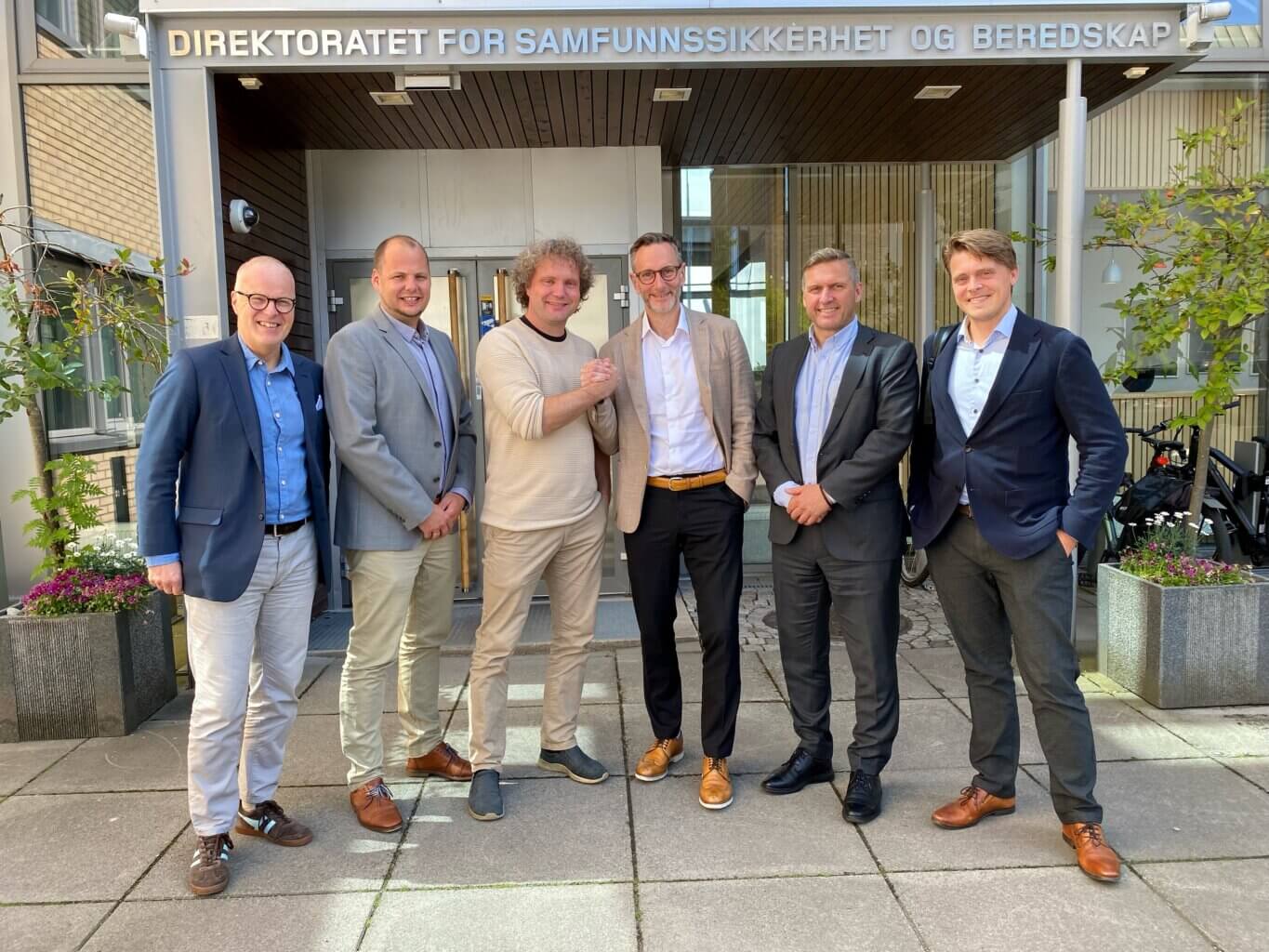
From left to right: Carl W. Barth (SVP EMEA Sales RAYVN), Erik Skaara (Chief Business Development and Co-founder RAYVN), Henrik von Schlanbusch (Chief Product Officer and Co-founder), Trond Winther (CEO Proactima), Ivar Lunde (Head of Emergency and Crisis Management Proactima), and Stian Hetlevik (Head of Digital Solutions Proactima).
Taking the PlungeSauna and ice bathing have become a popular trend in Norway. Never before have so many cold dips been documented on social media. However, this activity comes with inherent risks. Swimming, diving, jumping, boat traffic, and events in jovial company can challenge safety. We’ve taken a critical look at safety management.
Ragna Marie Fjeld from Oslo Badstueforening explains that the association started in 2016 with a group of enthusiasts who built a sauna raft using driftwood from Bjørvika.
-As interest in ice bathing grew, the association reached new heights. It’s a voluntary organization with a lot of enthusiasm and drive that has achieved a lot in a short time. One raft quickly turned into three, and there’s high activity at all of them. Various concepts and events are offered with the sauna rafts, says Fjeld.
-It’s crucial to scrutinize the management system to ensure you’re on the right track. Here, it was particularly important to focus on personal safety for both guests and staff.
Small in number, big in responsibility
With growth comes the need for safety and management. Sauna activities inherently carry risks. Oslo Sauna Association sought an impartial third party to assess their safety measures.
-It has been a pleasure to assist the Oslo Sauna Association with a critical look at their safety management, says our own diving expert and senior consultant, Hanne-Marit Berge at Proactima.
Berge adds that it was especially nice to see that the focus on safety was so pervasive, from governing documents and leadership to those out on the sauna rafts.
-The fact that they managed to implement this throughout speaks volumes about the strong culture in the association and the professionalism in their operations, says Berge.
Informal yet systematic and traceable
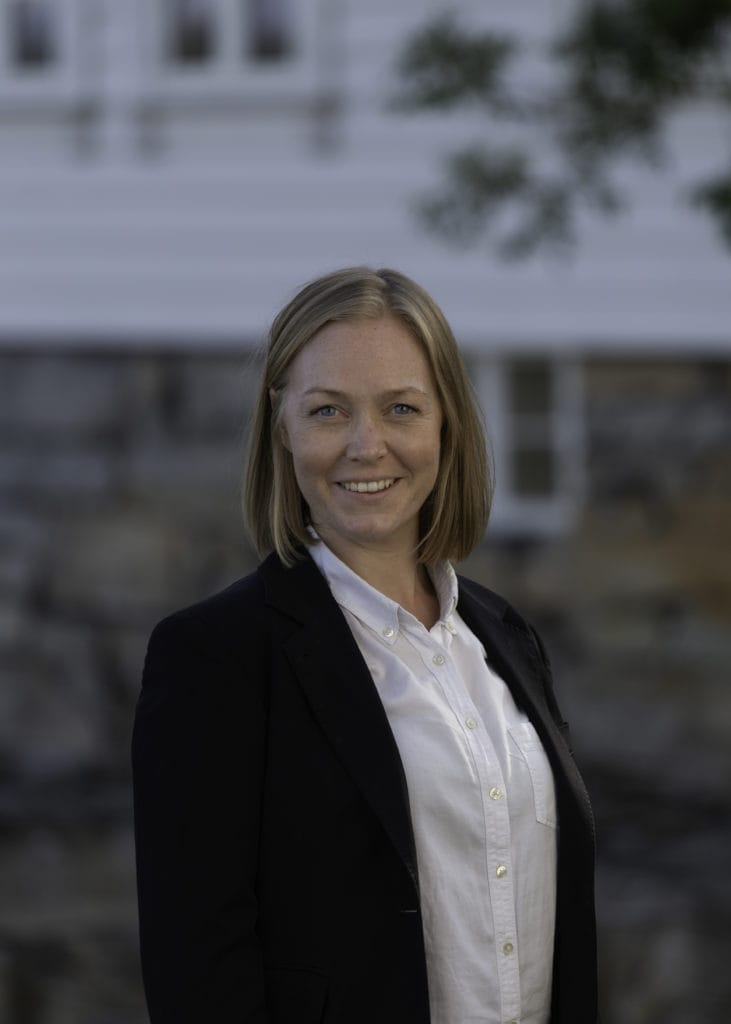
Berge explains the process.
-We found an approach that suited them, while providing systematicity, structure, and traceability in what we did. We always base our work on recognized standards, relevant regulations, and legal frameworks. Here, we borrowed from the audit format and opted for a looser and more informal approach.
Relevant regulations, documentation, and interviews with selected roles such as representatives and sauna masters were conducted.
Berge further explains how a dynamic organization like the sauna association requires a dynamic approach.
-We managed to reduce formality but maintain the structure and work method to check and confirm their compliance with legal requirements. This made it more informal, which suited the dynamic nature of Oslo Sauna Association. The loose and informal approach lowered the threshold and seriousness when interviewing those involved. We engaged and involved the staff, receiving feedback on their perception of what the association does, how it’s done, and who we are, concludes Berge.
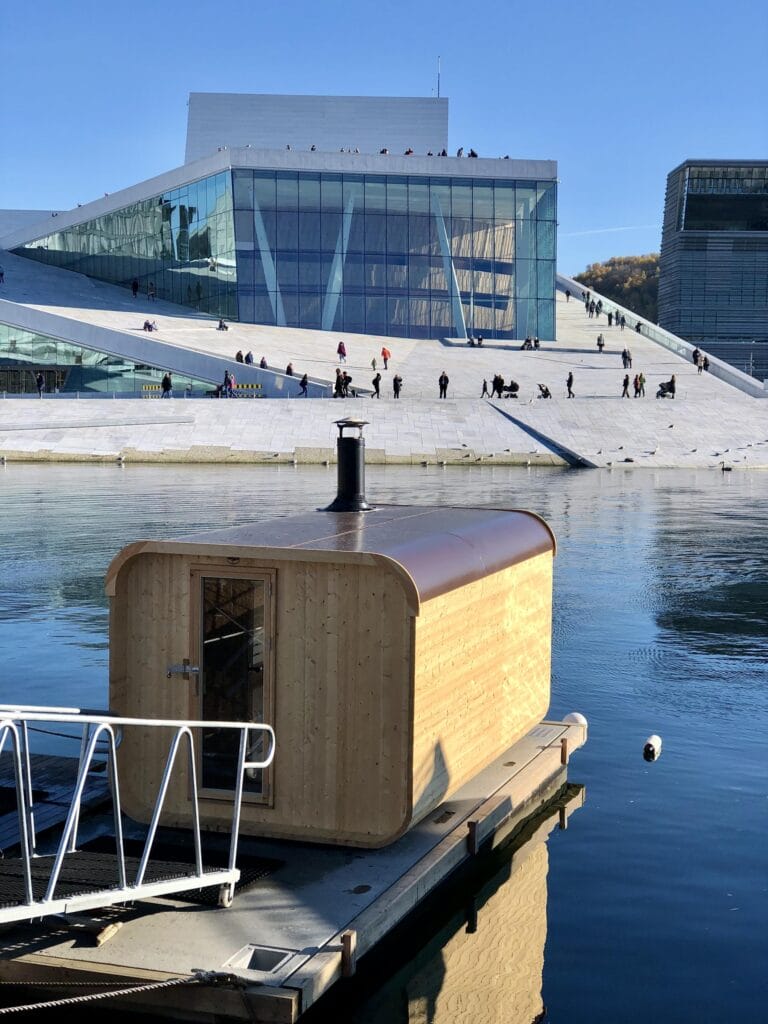
The oil company M Vest Energy is growing, and with growth come new regulatory requirements and responsibilities. When the company became a license partner in Draugen, Brage and Ivar Aasen, the oversight of producing fields and duty of care became a new area of responsibility for the fresh challenger. Read about the newcomer’s first inspection by Norwegian Ocean Industry Authority.
In the spring of 2023, M Vest Energy received a notice that the Petroleum Safety Authority Norway (PSA) would conduct an inspection of the license follow-up on Draugen. The first time an inspection is carried out, it’s always good to have a reliable sparring partner and support behind the scenes.
-We didn’t know what PSA expected from us during such an inspection, and we needed a sparring partner with knowledge and experience. Proactima helped us with preparations before the inspection. Proactima’s skilled consultants contributed to increasing our understanding of regulatory requirements for the duty of care and what it means for follow-up in practice. In addition, Proactima conducted a review of our management system with a focus on license follow-up and provided advice on adjustments and improvements, says Åse Skålnes Strømme, KHMS and Production Manager at M Vest Energy.
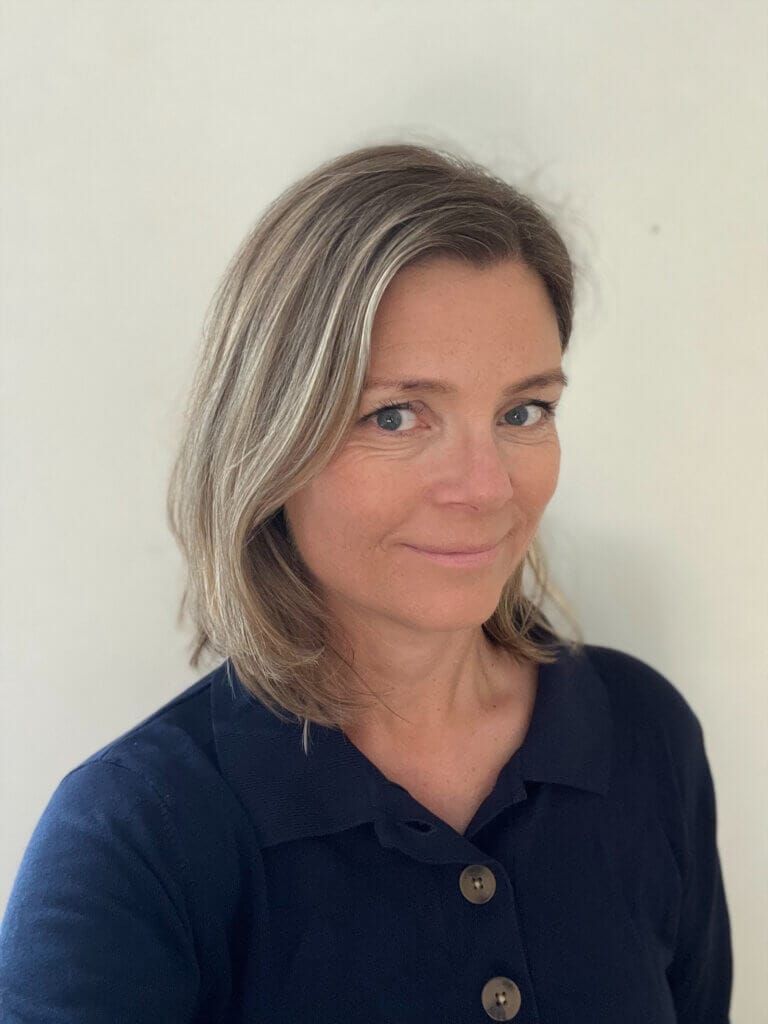
Each company is responsible for safety in its own operations. This is a fundamental principle in petroleum regulations. Operators and licensees on the Norwegian continental shelf are obligated to ensure that their activities are carried out in a safe manner and in compliance with regulations. The description of how the duty of care should be handled is covered in the company’s management system.
Sonja Tinnesand, along with others in Proactima, has been at the forefront of safety and knowledge transfer to M Vest Energy.
-We often see that companies have most of the elements in place and need assistance in systematizing and documenting that they are doing what they should. M Vest Energy has the experience and expertise needed, and we at Proactima have assisted in increasing the understanding of how their activities and work processes meet regulatory requirements, explains Sonja.
Sonja has over 25 years of experience in risk management and HSE regulations, as well as many years of experience in establishing and revising management systems.
A Growing Young Player
The oil company M Vest Energy consists of 15 employees located in Bergen. The history began with Emergy Exploration becoming a license participant on the Norwegian continental shelf in 2012, while being acquired by færøyske Atlantic Petroleum. In 2016, the company’s activities, mainly on exploration licenses and their development, and employees were acquired by Trond Mohn and Lars Moldestads company M Vest Energy.
The initial years focused on exploration, with a clear strategy: to become a full-fledged oil company with revenue from production. In 2020, the strategy was realized when the company acquired a stake in the Polarled gas pipeline. In 2022, the company acquired stakes in Brage, Draugen and Ivar Aasen.
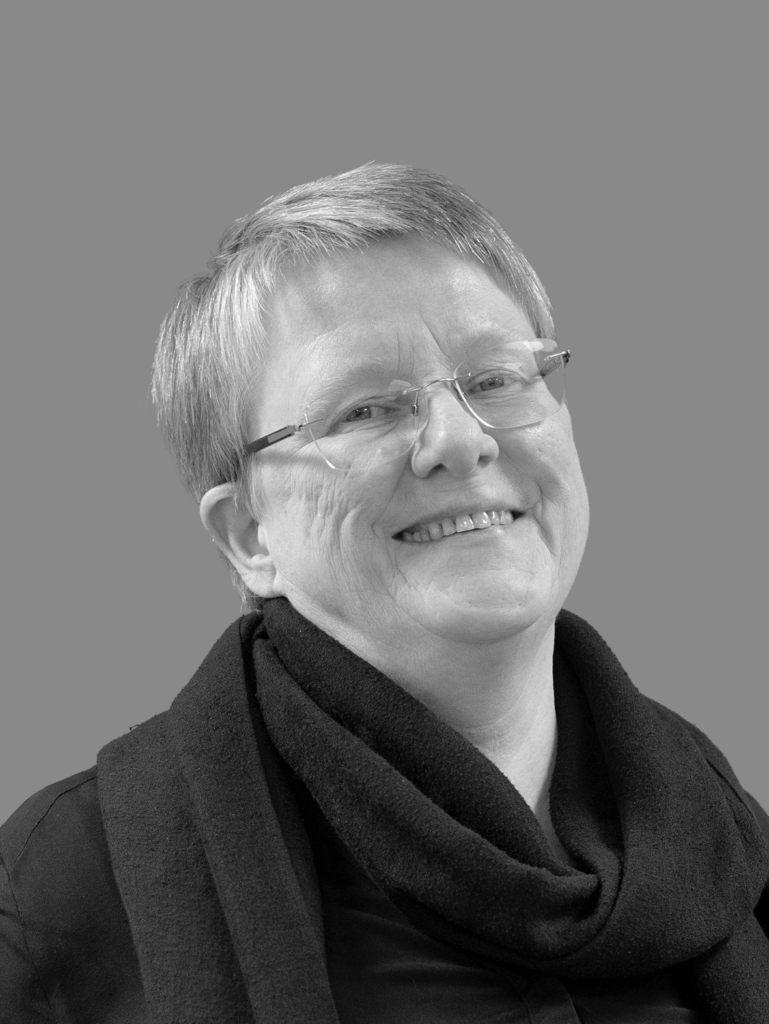
Security in the Duty of Care Role
A partner audit is planned for the fall, and M Vest Energy will bring experience and expertise with them, thanks to the strong support from Sonja and Proactima.
– PSAs job is to challenge and test our confidence. Sonja scrutinized our operations and reviewed our management system. She gave us confidence that what we are doing is good. We are a small company, and therefore, it’s important for us to develop competence and learning within the organization. We don’t want to outsource tasks; we are committed to learning and gaining experience in line with our growth. Proactima provided us with the confidence and support we needed, says Åse.
And how did the inspection go?
-We received very positive feedback from Petroleum Safety Authority Norway (PSA). They appreciated not only the presentation but also that we are a company working to develop our competence profile and have a clear ambition to bring value beyond the operator’s work, concludes Åse.
Heading for High GoalsWhat began as an entrepreneurial idea 36 years ago has now evolved into the leading specialists in Southern Norway for renting lifts and equipment for work at heights. With just 20 employees and an annual turnover of 100 million Norwegian kroner, Høyde Teknikk AS is well on its way to new heights. But how can a small organization meet significant demands?
-Our goal is to be the best in the class. This requires robust systems and insights into the risks in our own and our subcontractors’ operations. High activity demands good documentation and control systems, and with growth come more requirements and needs for efficient management, says Rune Syvertsen at Høyde Teknikk AS.
Proactima has assisted the team in Sørlandsparken with capacity and expertise in HSE (Health, Safety, and Environment), risk management, due diligence assessments, and finding a management system solution tailored to their size and needs.
Not Uncommon for Small and Medium-sized Enterprises
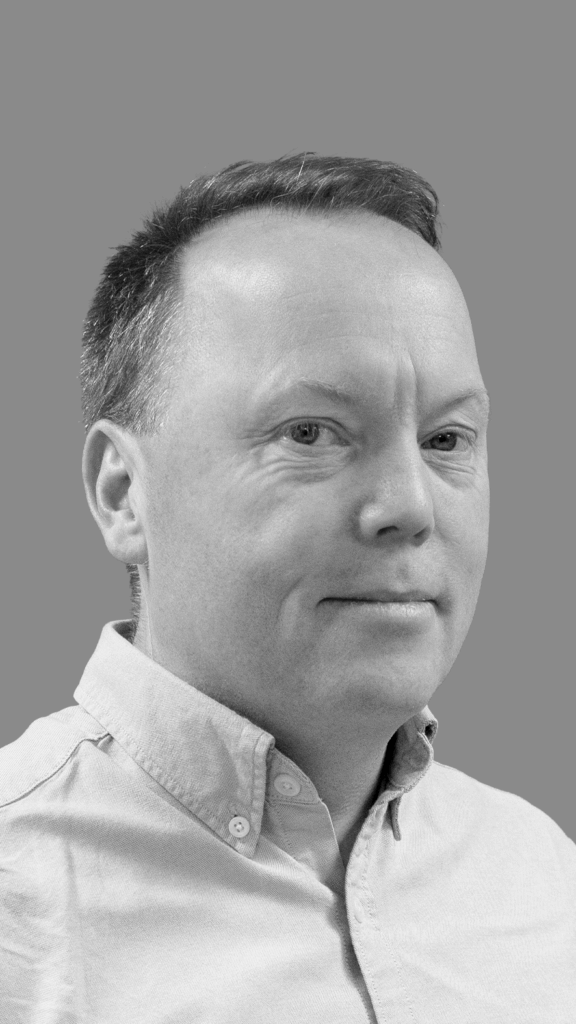
-At some point, it tips: more assignments, more offices, more people to take care of, more adherence to the same procedures, more demands, and regulations. That’s when you need good tools to keep track, just like before, says Reidar Bjerke, Senior Consultant in Health and Workplace Safety at Proactima.
He leads the way in ensuring safety and knowledge transfer to Høyde Teknikk, along with colleagues Hanne-Marit Berge in risk and business management and Malena Kyvik Martens in sustainability and adaptation.
Bjerke explains that it’s not uncommon for small and medium-sized enterprises to outgrow the systems built for smaller startup businesses.
“Small and medium-sized companies often have a good gut feeling about what they should do but are unsure of how to approach it,” explains Bjerke.
Dominating the High Market for 36 Years
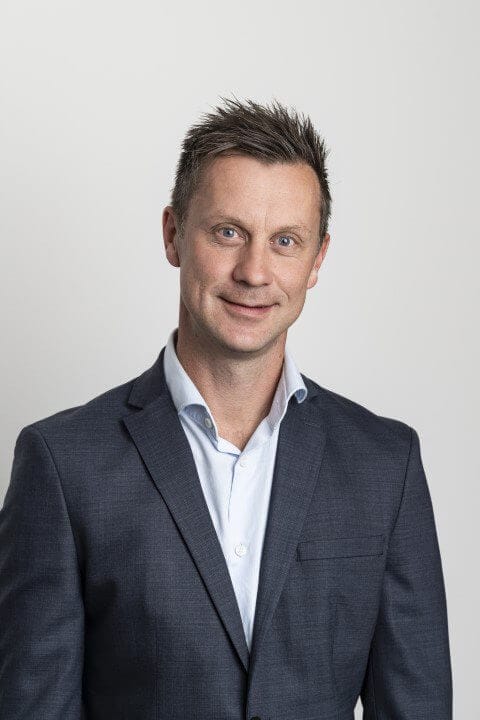
Høyde Teknikk AS started small in 1987 in Southern Norway and now boasts a state-of-the-art fleet of 450 rental machines. They have expanded their rental business for lifts, telescopic handlers, and technical equipment to the regions of Western Norway and Eastern Norway. Working at heights can be risky, requiring operational reliability, personal safety, and accident prevention.
-Even though we have just as high demands as the big players, we need systems and methods that suit our size. Proactima has given us confidence that we’re ‘doing it right.’ We’ve also learned more about HSE, risk management, due diligence, and effective business management, says Syvertsen.
The collaboration with Proactima has been excellent, and they feel that their needs have been met. They have received straightforward and cost-effective solutions, according to Syvertsen. These solutions build upon what they already had and point the way for how they can continue to work on it themselves. Syvertsen adds that through the expertise and capacity provided by Proactima, Høyde Teknikk has gained both tools and knowledge to support ongoing efforts towards continuous improvement.
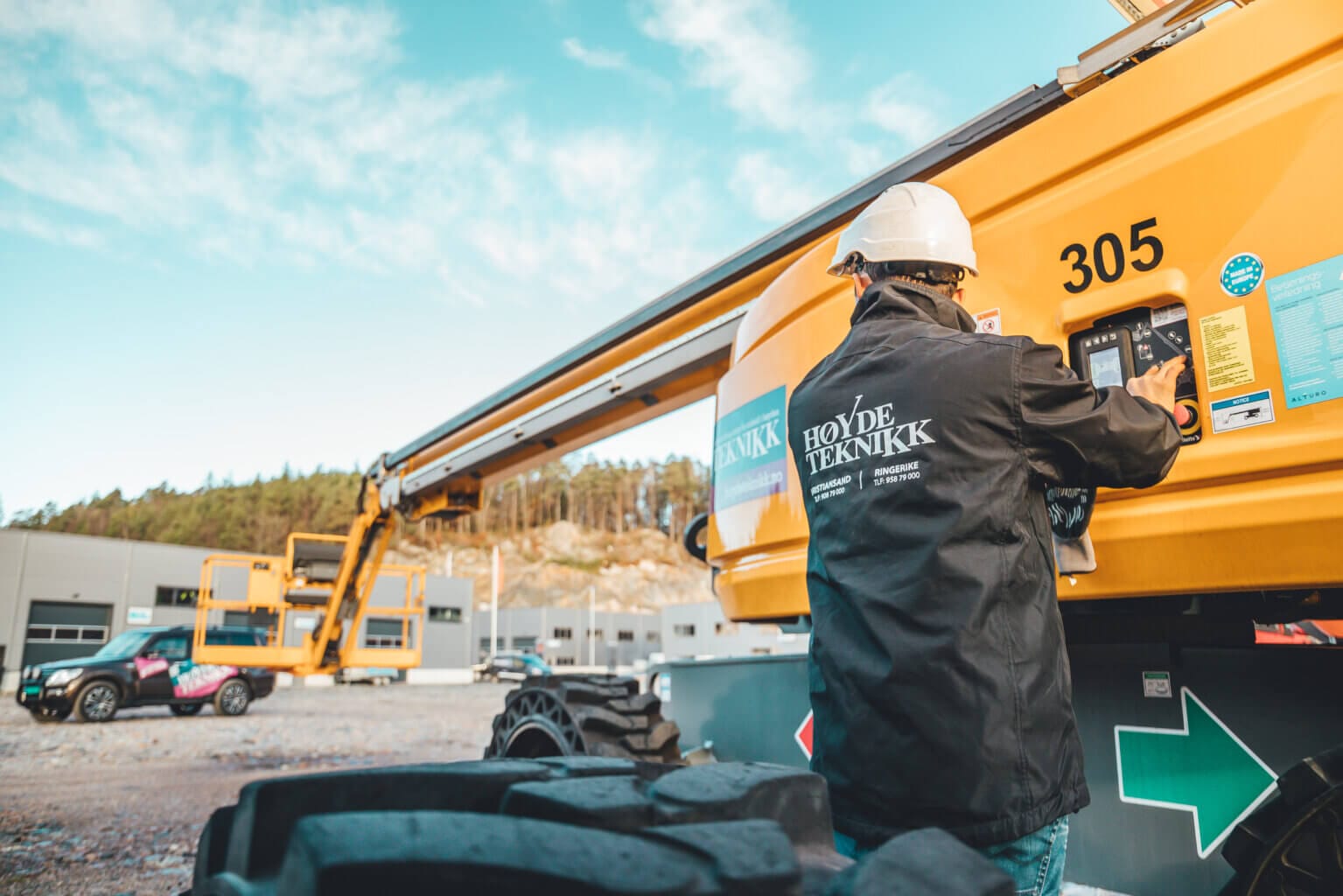
A fire on board a hybrid diesel-electric ferry crossing Trondheimsfjord was the scenario for a crisis exercise that took place earlier in June involving AtB’s crisis management team, Trøndelag County Municipality, Trøndelag Fire and Rescue Service, the Police, and the ferry operators Fjord1, operating the Brekstad-Valset route, and Torghatten Midt, operating the Flakk-Rørvik route. Both routes cross Trondheimsfjord.
On behalf of AtB, Proactima led the planning, execution, and evaluation of the exercise.
-The exercise aimed to strengthen role understanding and ensure that all involved parties share the same risk assessment and understand how to handle it best. Since January, Proactima has provided invaluable assistance to AtB in planning and conducting the exercise and has been a significant factor in its success, said Knut Espen Øyan, Traffic and Emergency Preparedness Section Manager at AtB.
AtB is Trøndelags mobility company with 20 ferry/fast boat connections and 835 buses operating 4200 daily departures. In 2022, there were 45 million passengers with AtB.
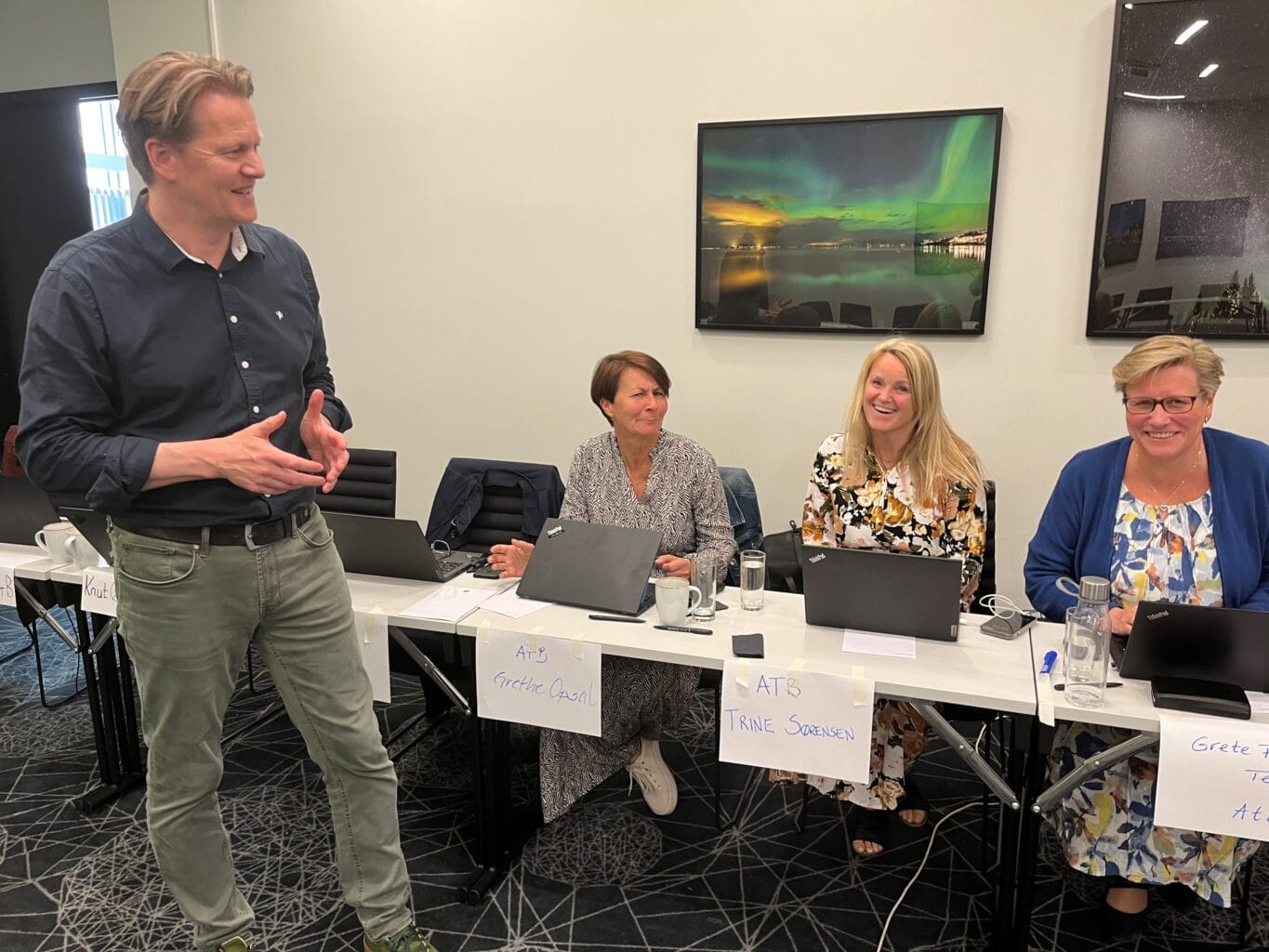
Ferry Fire
The exercise scenario involved a fire on board a hybrid diesel-electric ferry that eventually escalated into a fire in the battery room.
The exercise was conducted as a discussion where the scenario was reviewed phase by phase, and the various participants informed each other about how to alert, mobilize, and handle the situation. Along the way, misunderstandings were clarified, ambiguities noted, and participants gained a much better understanding of what other agencies do and what is expected of themselves.
The purpose of the exercise was to achieve a common understanding of needs, strengths, and weaknesses related to collaboration during an emergency situation, as well as to enhance participants’ ability to handle an emergency situation collectively, including:
- Increased common situational awareness
- Strengthened understanding of one’s own and others’ roles, mandates, and tasks
- Achieve better effectiveness of measures
Learning and Mastery
The Proactima team consisted of Jo Tidemann and Erik Wale.
-We conduct exercises like this to enhance the effectiveness of emergency preparedness. By talking to each other, strengths and weaknesses are revealed. This makes each organization more confident, and collaboration in handling serious situations improves. A sense of progress and mastery helps reinforce and improve the speed of learning, explained Jo Tidemann, one of Proactima’s leading emergency preparedness experts.
Proactima has extensive experience with various forms of training/exercises, ranging from simple discussion exercises (tabletop, reflection exercises) and training for individuals/special functions, through input exercises, staff exercises, alertness exercises, to full-scale exercises with real actors for interaction and sparring at all levels of the emergency preparedness organization.
A satisfied team despite a serious scenario. From left: exercise leader Jo Tidemann from Proactima, Director of Marketing and Communications Trine Sørensen, Director of Finance and Business Control Trine Sørensen, and CEO Grete Fuglem Tennås at AtB.
